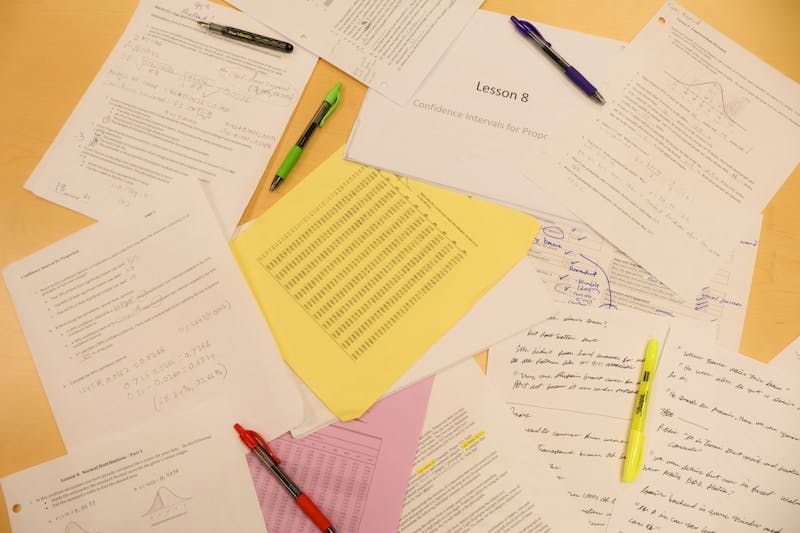State governments are forcing most businesses to close, including some nonprofits, as a result of the COVID-19 coronavirus pandemic.
With state and county-wide shelter orders in place, nonprofits are lacking critical volunteers and financial contributions that usually sustain their operations, while some are not allowed to perform their function at all. Education based nonprofits and thrift stores that rely on community donations have all been forced to close.
State and national economic packages have attempted to help stabilize the economy and support small and national businesses; however, nonprofits have been largely left out of the picture.
Nonprofits across the country are being economically slammed from two sides during this pandemic. On one side, many charities that provide food, shelter, job placement assistance, medical supplies and health care are being used more than usual and are thus incurring increased expenses.
Yet, with restrictions on assembly and travel, most nonprofits have seen a nose-dive in financial donations and volunteer support as they cannot hold fundraising events and group volunteer projects.
Nonprofits provide a vital service to communities as they help the needy, educate youth and fill in the gaps where private business and governments fail to provide for society. They too must maintain balanced budgets, pay personnel and continue to provide services to society.
Depending on how long the social distancing and lockdowns continue, the effects and viability of many nonprofits could be drastic. This can be seen in the youth-engaging and community service organization, the Boy Scouts of America. A large amount of its revenue comes from its annual summer camp season and from people paying to stay at its camps throughout the year.
With two months of mandated closure already in peak camping season, the financial loss is certainly growing. If non-essential business shutdowns continue into June, the effects could be devastating.
Currently, donations can still be made online by individuals to most nonprofits. Blood donors can still give blood to the blood bank system that is direly low on volunteers as the CDC has publicly stated that blood donations remain safe for donors and perform a vital function during the pandemic. The Salvation Army is seeking financial contributions in replacement for people not being allowed to donate physical objects to their stores and distribution centers. Local school district charities continue to collect food and hygiene item donations to support low-income families that no longer have free and reduced cost lunches provided by the schools.
We can and must continue to support these nonprofits — right now.
We must also act when these lockdowns are over. We must give back to our nonprofits after this crisis because they will be more vulnerable than ever when they are finally able to reopen.
The federal and state governments should include nonprofits in their economic relief grant programs.
Though low-interest business loans could prove helpful to provide temporary capital for nonprofits, loans with even some interest are much harder for a nonprofit organization to pay off than a business.
We and our government must do our part to ensure that our nonprofits can continue. They have and continue to educate, mentor, serve and provide for our communities, nation and world. Now, we must return the favor.


The Slate welcomes thoughtful discussion on all of our stories, but please keep comments civil and on-topic. Read our full guidelines here.